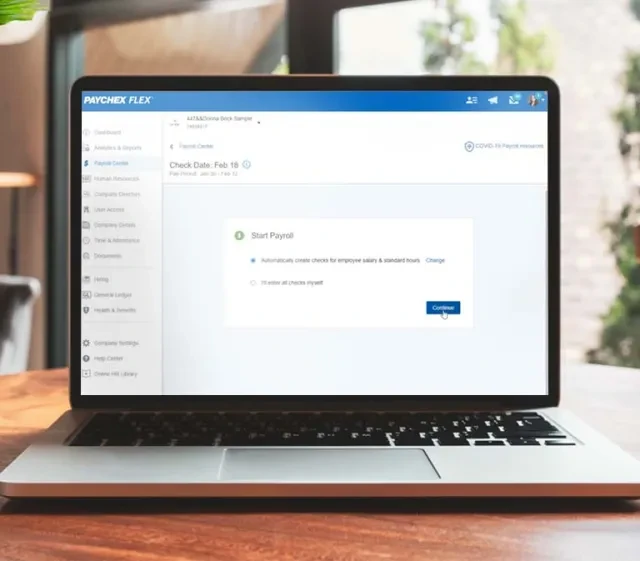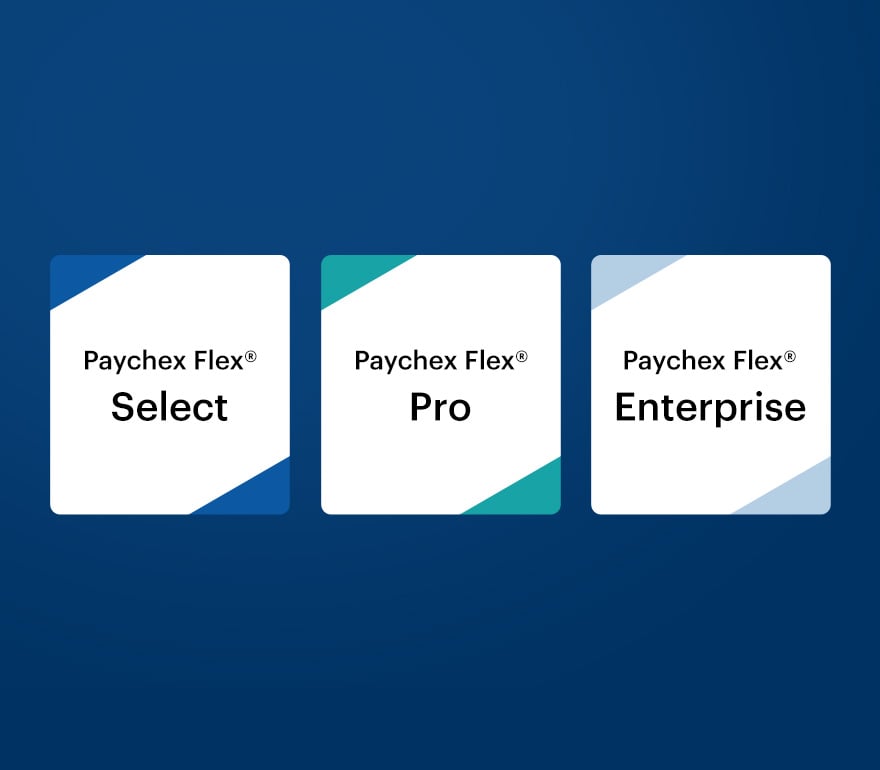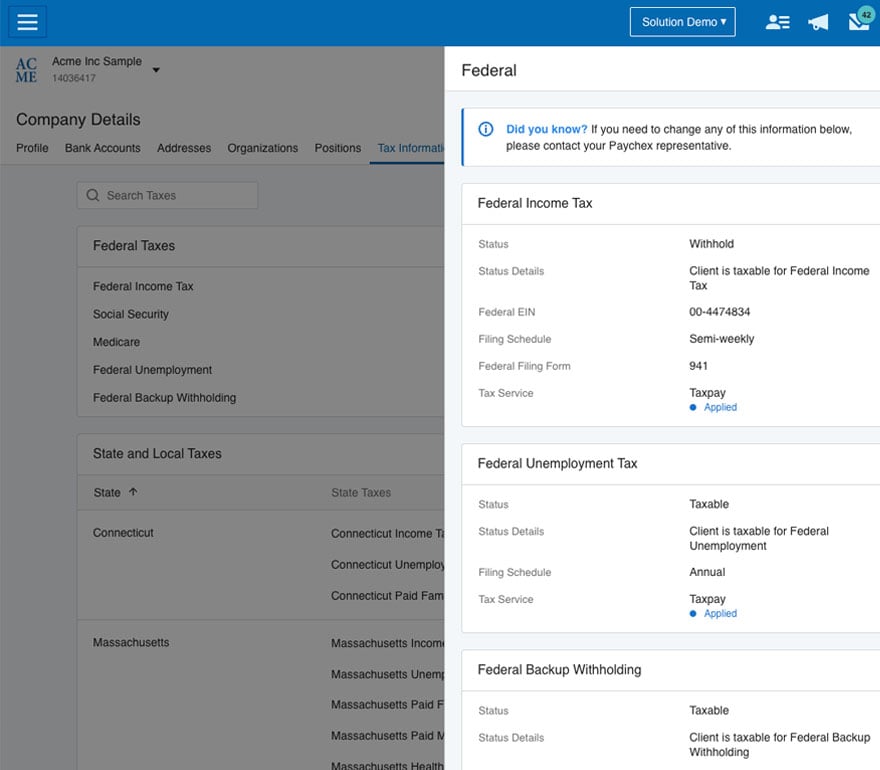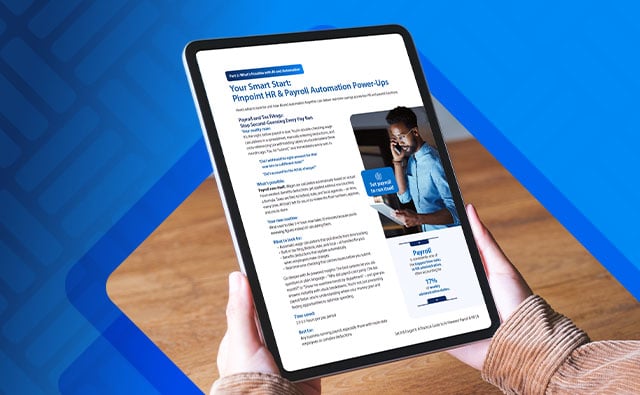Paychex HR and Payroll Services in Tempe, Arizona
Paychex has the services, support, and expert staff to help Tempe’s businesses succeed. We’ve spent decades delivering reliable, reputable payroll and HR services to businesses nationwide.
Get a Free Quote
Business Information for Paychex in Tempe
Address and Phone Number
Need Customer Support?
View Support OptionsBusiness Hours
| Weekday | Time slot | Comment |
|---|---|---|
| Monday | 8:00 am-5:00 pm | MT |
| Tuesday | 8:00 am-5:00 pm | MT |
| Wednesday | 8:00 am-5:00 pm | MT |
| Thursday | 8:00 am-5:00 pm | MT |
| Friday | 8:00 am-5:00 pm | MT |
| Saturday | Closed | |
| Sunday | Closed |
Tempe
1600 N Desert Dr
Suite 125, 230
Tempe, AZ, 85281
Payroll Services for Tempe Businesses
Payroll Made Easy, From Setup To Service and Support
We can help with payroll processing and other tasks so you can focus on more pressing areas of your business.

Compare Payroll Plans
Tempe businesses can choose from various payroll plans, from do-it-yourself solutions to more in-depth payroll support.

Automate Payroll Taxes
Paychex Flex® helps automate the calculation, payment, and filing of payroll taxes efficiently while helping your business secure tax credits it deserves.

Mobile App for Employers and Employees
Employers can manage business on the go and access payroll, HR, and other services.

How Paychex Supports Businesses
Our payroll solutions and HR services are here to support your Tempe business through every stage of the employee lifecycle.
Find the Right Solution for Your Business
Paychex leverages technology, expertise, and award-winning customer service to propel Tempe businesses forward. Find the right HR and payroll solution for your unique needs.
















